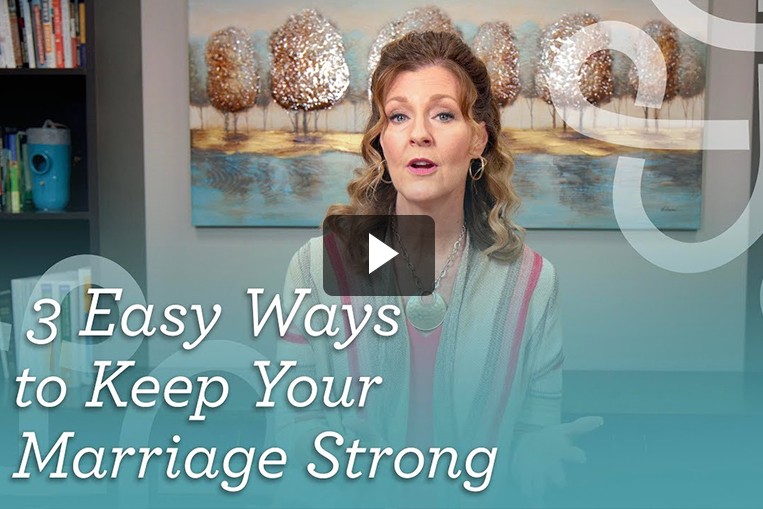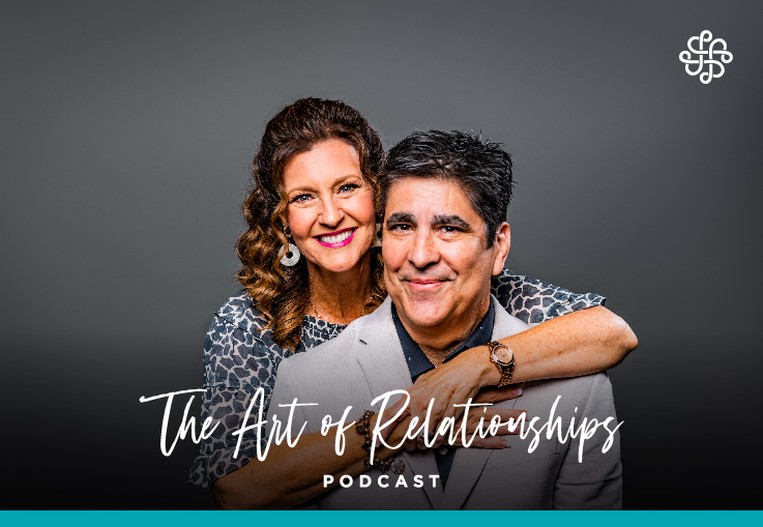Is Social Media Disconnecting Us? pt.II
Dorothy Littell Greco - May 22, 2018
Topic: Communication, Friendship, Relationships, Social Media, Technology

In the previous article, Dorothy explored our God-given need to meaningfully connect with others. Though social media purports to help us engage, it’s ultimately a pale substitution for actual face time.
Social media apps are counterfeits. Their sophisticated designs understand and capitalize on our deeper needs without actually meeting those needs. As tech designers have admitted, Facebook and other social media sites were created with a profound awareness of our tendency to become addicted. Though social media use is far less stigmatized than other forms of addiction, what’s true of one addiction is true across the board: addictions promise us everything, but in the end, only manipulate, disappoint, and leave us wanting more.
As tech designers have admitted, Facebook and other social media sites were created with a profound awareness of our tendency to become addicted.
According to current statistics, adults spend between ninety minutes and four hours per day on social media or playing computer games. If you’re spending that much time every day online, according to author Sherry Turkle, “there’s got to be someplace that you’re not. And that someplace you’re not is often with your friends and family.” As she stated in a recent TED Talk, “We’re letting [social media] take us in directions that we don’t want to go. These little devices not only change what we do, but who we are.”
"If you’re spending that much time every day online," according to author Sherry Turkle, “there’s got to be someplace that you’re not. And that someplace you’re not is often with your friends and family.”
If we’re honest, many of us would admit that it’s quite difficult to curtail any type of addictive behavior. Social scientists, researchers, and psychologists agree and are becoming more vocal in encouraging us to be more mindful of and limit our electronic device usage.
Here are a few suggestions that will move you in the direction of breaking free from dependence on social media and your handheld devices so that you can meaningfully connect with your friends and family.
- Leave your handheld device within sight but refuse to pick it up for an hour. (Resist the urge to just check.) Then increase your time out until you can go half a day or longer without using it.
- Turn it off at a certain time every night, preferably an hour before going to bed.
- Do not check your phone first thing in the morning. Establish a ritual that allows you to connect with God and prevents you from even touching the device for at least 30 minutes.
- Keep your phone and computer out of your bedroom. (Alarm clocks are not expensive.)
- Keep your phone out of sight when you’re with friends or eating a meal.
- Delete most or all of the social media apps.
- Disable notifications. (You’ll be amazed at how much more productive and calm you’ll be without constant interruptions. Grab a copy of Deep Work to understand why this is important.)
- When you feel bored, take a deep breath and pay attention to where you are and what’s going on around you. Do not reflexively reach for your phone. Boredom is not evil.
- When driving, never check email or text. If you’re worried that you’ll miss an important message, set your phone to respond with a message so that others know you’re behind the wheel.
- Consider calling a friend rather than endlessly scrolling through Facebook feeds. Calling might seem passé, but having a real conversation will actually satisfy your God-given relational needs.
- Make plans to hang out with friends at least once a week. When you’re together, suggest that everyone put their phones away. (You might get pushback, but in the end, your friends or spouse will thank you.)
- Invite your friends or spouse to support you as you wean yourself off of social media. Tell them specific ways they can help and then don’t give them a hard time when they do!
- Remember that Facebook, Twitter, SnapChat, etc. don’t really care about you. They simply want your information so that they can sell it. Your friends are not selling your information. They care about you.
- Make the media to serve you, rather than you serving the media.
As I mentioned in part one of this article, social media has tremendous potential to connect us with friends and family, but it can also be counter-productive and addictive. We can't give so much time to the easily controlled, less vulnerable virtual relationships that we have no space for the messier but more satisfying flesh and blood friendships. God created us as relational beings. Ultimately, we must turn off the computer or put down our phones so that others can know and love us.

Dorothy Littell Greco
Dorothy Littell Greco is a Boston-based photographer and writer. She is the author of Making Marriage Beautiful and the forthcoming book, Marriage in the Middle (InterVarsity Press, spring 2020). You can find more of her work on her website.

 10 Steps To Take When A Good Relationship Starts To Go Bad
10 Steps To Take When A Good Relationship Starts To Go Bad
 3 Easy Ways To Keep Your Marriage Strong
3 Easy Ways To Keep Your Marriage Strong
 What Happens When Life Goes Sideways?
What Happens When Life Goes Sideways?
 For Husbands Only: Why Do I Need To Listen To My Wife's Feelings?
For Husbands Only: Why Do I Need To Listen To My Wife's Feelings?